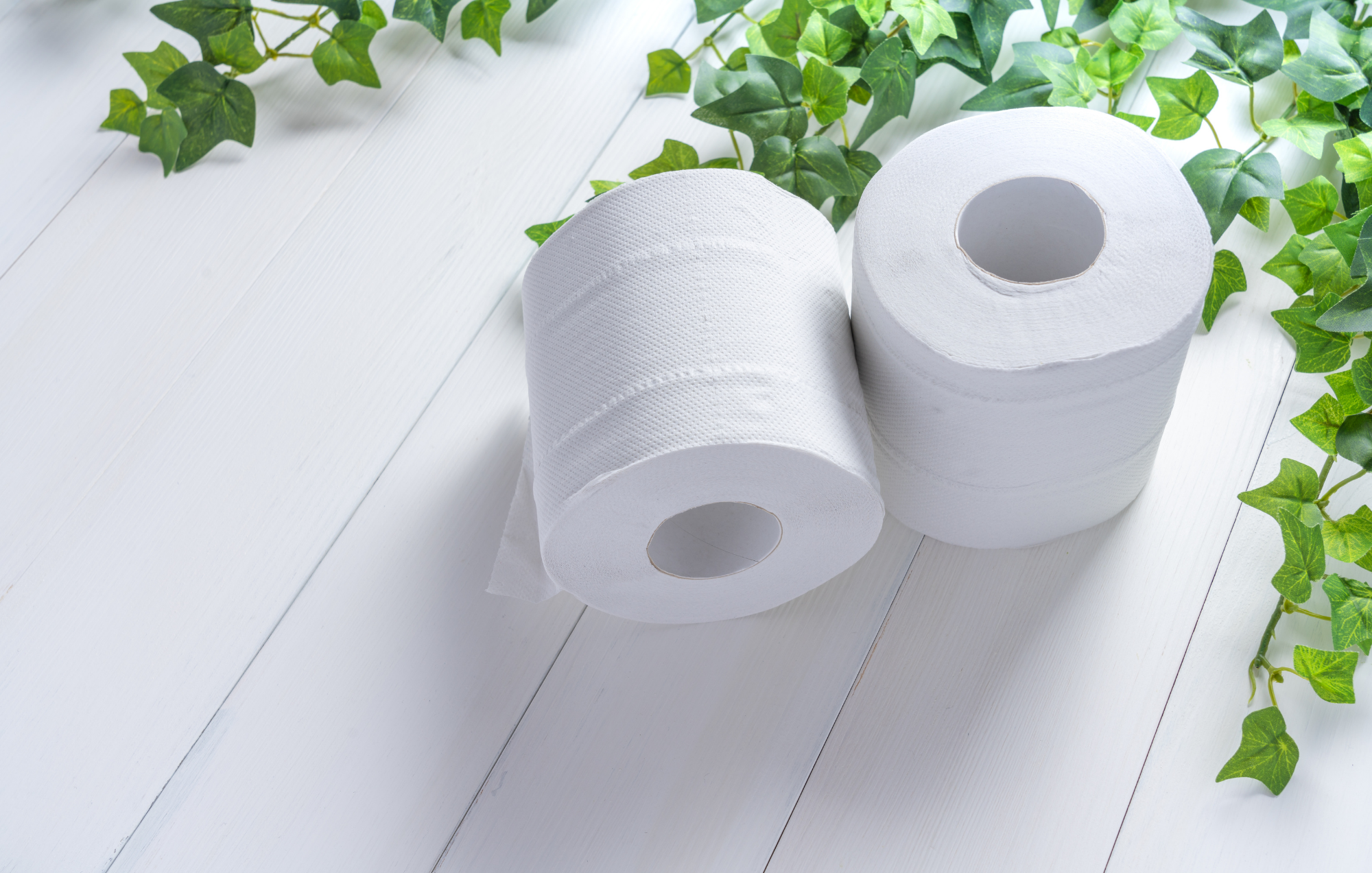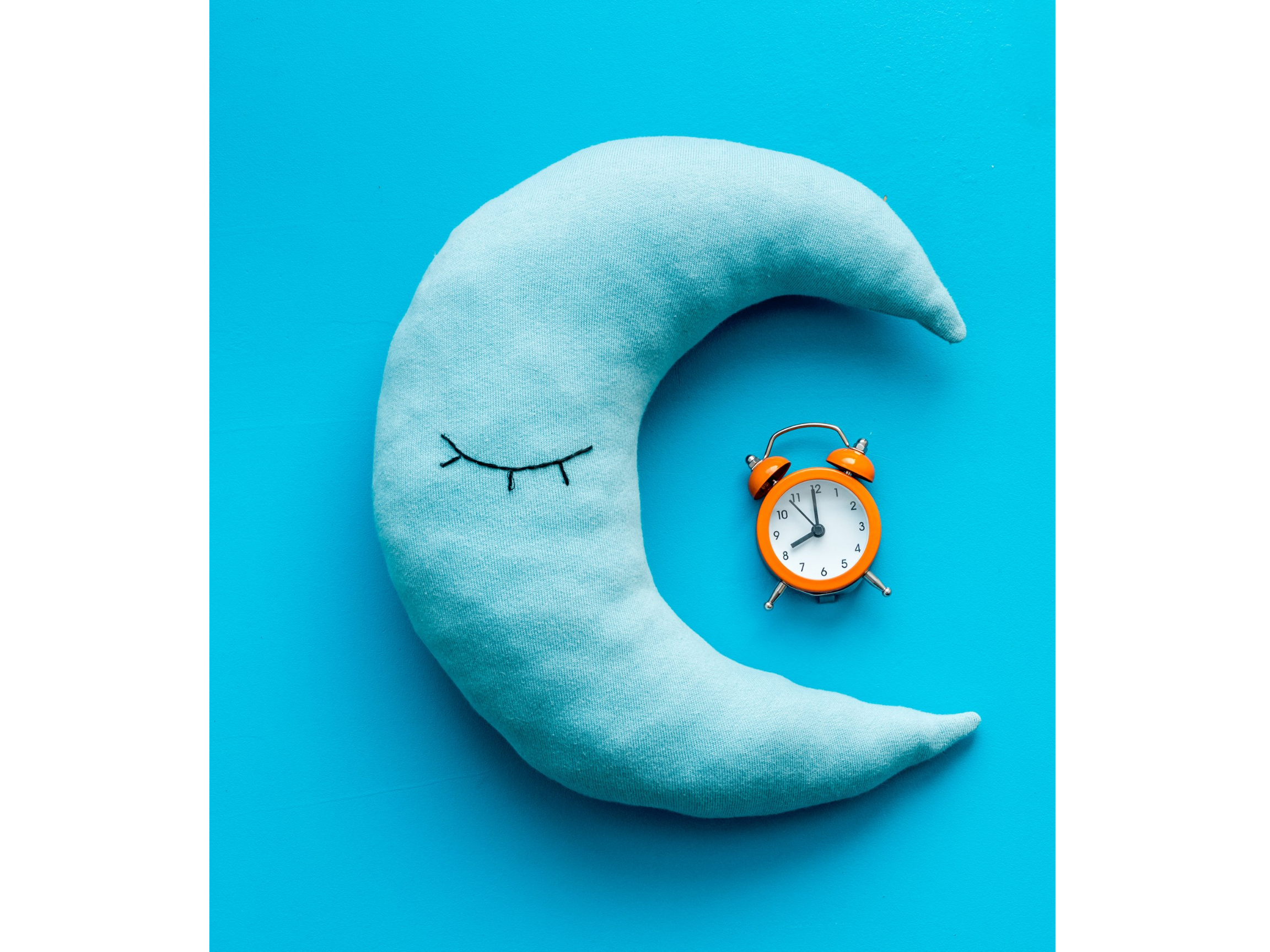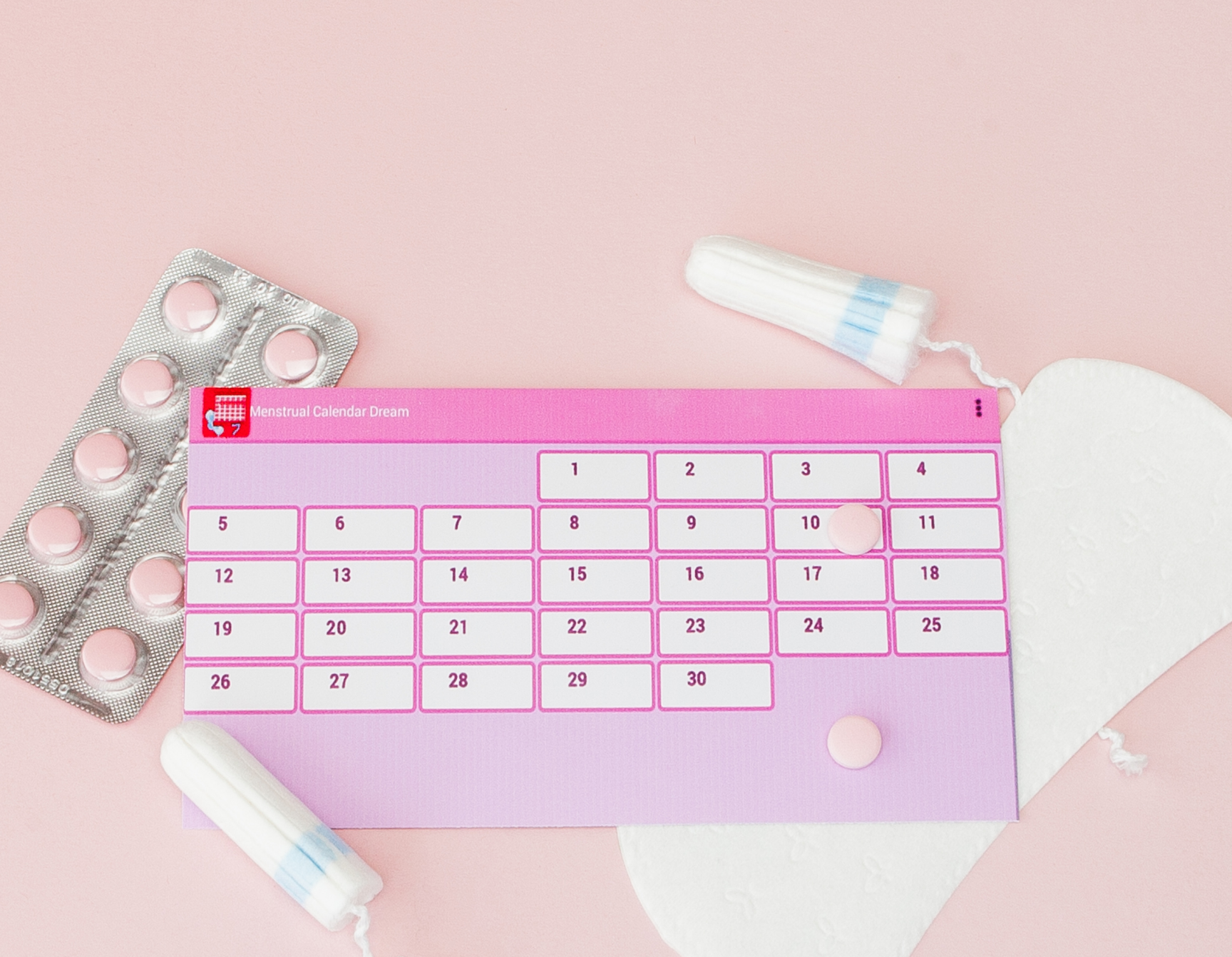Your bowel movements provide great insight into your gut health.
Our gut health, in turn, has major effects on our overall health. So, take a peek next time you do the doo and start paying attention to what you’re dropping into the toilet bowl. It’s not just waste product, it provides valuable health information. Poop matters!
The Bristol Stool Chart is a useful tool for describing poop. Normal is Types 3 and 4. If your poop is Type 1 or 2, you are constipated. Types 5-7 indicate loose stool/diarrhea.
What is normal optimal poop?
Scratch that. We should all strive to be optimally functioning creatures.
What is the OPTIMAL, gold standard poop?
| Size | length of wrist to elbow |
| Shape | snake or corn on the cob |
| Smell | not too stinky! |
| Consistency | does not break apart when flushing |
| Frequency | 1-2 times DAILY |
| Feel | does not require bearing down or straining, no extreme urgency |
| Time | takes no longer than 5-10 minutes |
What if your poop is not optimal? You will still live, yes, but not so well. Chronic constipation (cranky much?) or loose poops (inflammation) does not provide great quality of life. I don’t have to tell you this if you’re living with sub-optimal poops, you know it and your body reminds you ~daily.
What is normal poop color?
Does this require discussing? Let’s see what it means when your poop isn’t brown, such as when you’re asking: Why is my poop green?!
Green | may be caused by food moving through too quickly or consumption of lots of green colored foods, such as green vegetables |
Red | can indicate bleeding in the lower GI tract, hemorrhoids, or be due to eating red foods such as beets and tomatoes |
Orange | may be due to eating a lot of orange-colored foods like sweet potatoes or carrots |
| Black | can indicate bleeding in the upper GI tract or be due to intake of medications such as iron supplements, Peptol Bismol, or activated charcoal |
| Yellow pale-colored, greasy, stinky, floats | indicates fat in stool and poor absorption |
When should you seek medical attention? If your poop is black or red without explanation..or consistently a color that is not brown (and not due to food, ingesting artificial coloring, or medications).
In short, poop should be brown.
Constipation: What to do about it
You poop less than once per day, your poops look like rabbit pellets, and/or you feel incomplete emptying. You’re screaming – “where’s the stool softener!?” I have good news! You can do something about it.
Here are the fixes for the most common causes of constipation:
- Increase water intake. Make sure you are drinking enough water = 1/2 your body weight (lbs) in ounces.
- Eat more fiber! Ideally, work up to at least 9 servings of vegetables daily (1 serving = 1 cup raw or 1/2 cup cooked).
Other factors/methods to consider:
- Exercise, even taking walks can be helpful
- Take probiotics, or even better – eat fermented foods (=probiotics + vegetables)
- Minimize snacking and allow at least 12 hrs overnight without eating. The migrating motor complex (MMC) is our body’s mechanism for pushing food (and waste) through our gastrointestinal tract. It works during fasted states and stops when we eat. Therefore, allowing sufficient time between meals allow what we eat to digest and move through our bodies.
- Eat enough food (note the “Essential Minimums”). You need the bulk.
- Manage stress (such as through meditation, deep breathing, or doing something you love). Get out of your sympathetic “fight or flight” mode that puts your digestion on hold.
- Use a squatty potty – put your body in natural pooping position
- Dairy can cause constipation in some individuals, especially children.
- Drink ginger tea. Ginger promotes motility and digestion.
- Magnesium in the form of magnesium oxide or citrate can help with constipation, in addition to some benefits of magnesium (such as sleep, stress, bone health).
- SOS?! Try miralax or senna, which are commonly used OTC laxatives for more immediate constipation relief.
Why does constipation matter?
Constipation isn’t just uncomfortable (and puts you in a cranky mood), it can result in pretty big consequences. We need to poop to rid our bodies of toxins. Constipation can cause hormone imbalance, resulting in estrogen dominance as estrogens are excreted through pooping. Additionally, chronic constipation can lead to hemorrhoids, anal fissures and hernias. It has even been associated with colon cancer. Severe constipation can cause impaction, where stool is stuck and causing blockage..requiring medical intervention. Don’t get to this point, take some Miralax!..then address the underlying causes by trying the tips above.
Diarrhea woes.
Many instances of diarrhea are due to acute infection, only last a few days, and clear up on its own. Stay hydrated with ample electrolytes! Intolerance or sensitivity to certain foods, especially dairy and gluten, can also trigger diarrhea in susceptible individuals. For some people, a lack of fiber in the diet may cause loose stools rather than constipation. If this is you, most likely you have an idea of whether your lack of vegetable intake may be the issue. Diarrhea should not be a regular occurrence. If you are dealing with it often, address your body’s symptom and seek help from a GI doctor if it does not resolve.
Period poops are real.
Ladies, you know something is up and I’m here to confirm – your hormones can impact your poop! During ovulation (~ half way through your monthly cycle), progesterone starts being released and can cause relaxation of your bowels. This may mean a day or few of constipation for some people! Then, with the start of the bleed (or just prior to), some individuals experience diarrhea. This is the result of the release of prostaglandins, which are needed to help the uterus shed its lining. Balancing your hormones may help decrease the constipation and diarrhea associated with your menstrual cycle. Target the issue by keeping track of where you are in your cycle to determine whether your hormones are affecting your bowel habits. Remember, you can use your hormones to your advantage through cycle syncing!
Poop, in summary.
Healthy poop means a healthy gut and an overall healthy you. When your poop is not “optimal” as defined above, your body is signaling for some attention. If constipation is the issue, try the tips listed for some constipation remedies. If you have chronic diarrhea or odd colored poops (for no obvious reason), it is definitely worth a trip to a GI doctor. After a full GI doctor workup, if you have persistent gut issues or are relying on medications more than you’d like, try a functional medicine practitioner (like myself!) Poop issues can also be caused by an imbalance in the gut microbiome. Listen to your body, address your poop and enjoy living with vitality!




